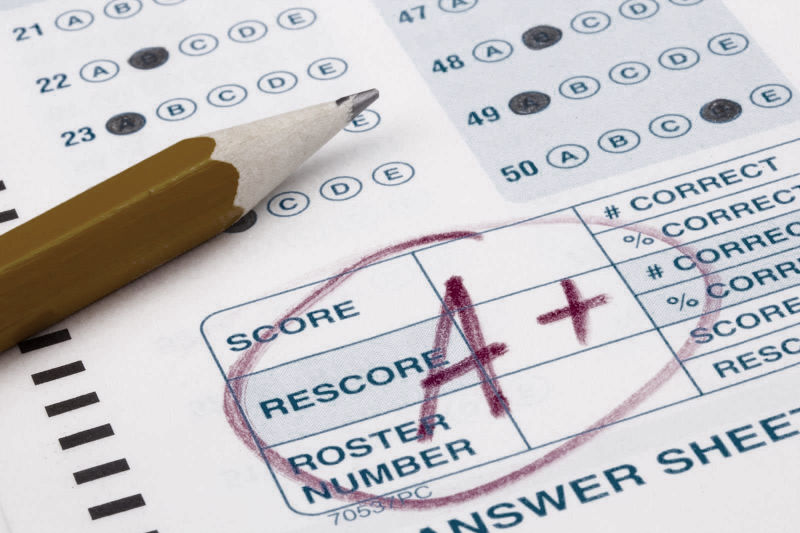How to Achieve a Perfect Score on the SAT Exam
A comprehensive guide on what it takes to get a perfect score on the SAT exam and whether it is worth the effort.

What is a Perfect SAT Score?
The SAT is scored on a scale from 400 to 1600, so a perfect score on the SAT is 1600. This is the highest score a student can achieve, and unlike school GPAs the score is not weighted.
A perfect 1600 SAT score shows colleges that a student is extremely proficient in both subjects. It places him or her in the top percentile of test-takers nationwide, and it is considered a very noteworthy achievement, sometimes even post-college (yes, college graduates sometimes put high SAT scores on their resumes).
As awesome as it sounds, however, achieving a perfect score is a very rare feat and is quite difficult to do.
How the SAT is scored
The SAT scoring system includes two main sections: Reading and Writing and Math, each scored on a scale of 200 to 800. The total score is the sum of these two sections, with a maximum possible score of 1600.
Each section score is derived from the raw score, which is the number of correct answers. There are no penalties for incorrect answers, encouraging students to answer every question.
The conversion from raw to scaled score out of 1600 is test-specific, so each exam will have its own curve. Having said that, the general guideline to achieve a 1600 is getting every question correct - doing so will ensure a perfect score.
Occasionally, if the curve for a particular test is generous, a student can miss 1 or 2 questions in each section and still get a 1600.
How Many People Get a Perfect Score?
On average, less than 1% of all test-takers earn a perfect 1600 score each year.
Achieving a perfect score on the SAT is exceedingly rare. Plenty of students aim to get it, but only a small fraction of them actually achieve it.
Do I Need a Perfect Score For Top Colleges?
No - a perfect score is by no means necessary for admissions into any college in the US or the world.
Admits from top schools typically have scores in the 1500+ range, but even among them a perfect 1600 is uncommon.
Is a Perfect Score Worth Trying For?
Pursuing a perfect score on the SAT can be highly rewarding but also demanding. It can lead to better college prospects and more scholarship opportunities, but there is also an opportunity cost.
After reviewing thousands of application profiles and results, we don't recommend forgoing other college admissions criteria in pursuit of a perfect score. We believe that a college application should be well-rounded, and components such as extracurricular activities, personal statements, and GPA are just as important, if not more so, than SAT score.
Students should set their score targets according to the schools they plan to apply to to. Specifically, we recommend aiming for the 50th to 75th percentile SAT score. For a list of colleges and their SAT score percentiles, check out our College SAT Scores page.
Moreover, the difference between a score of 1550 and a perfect 1600 is often negligible in the eyes of college admissions officers, even for top schools. Both scores demonstrate a high level of academic ability and preparedness, so it's not worth the effort to pursue the extra 50 points.
How Can You Get a Perfect Score?
Achieving a perfect score on the SAT requires strategic preparation and practice. First, start by taking a diagnostic test to identify strengths and areas for improvement. Note down the type(s) of questions you get wrong.
Next, create a study plan that focuses on your weak areas. Make sure to set timelines and make it realistic (i.e. don't plan to study 8 hours on a school day). For example study plans, check out our 2 week study plan and 12 week study plan.
Finally, consider seeking additional support through tutoring or prep courses if needed. These programs provide personalized guidance and strategies, and they are usually useful when they're structured as a boot camp.
Want to see if you can get a perfect score?
Take a Free Digital SAT Practice Test